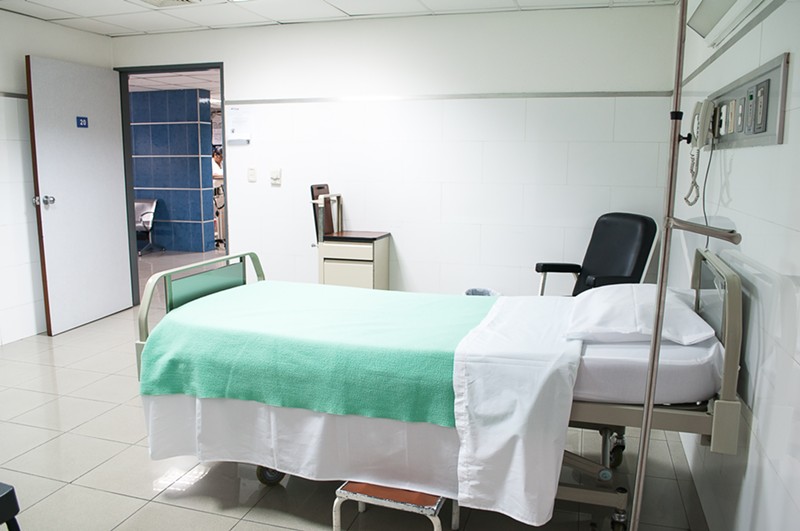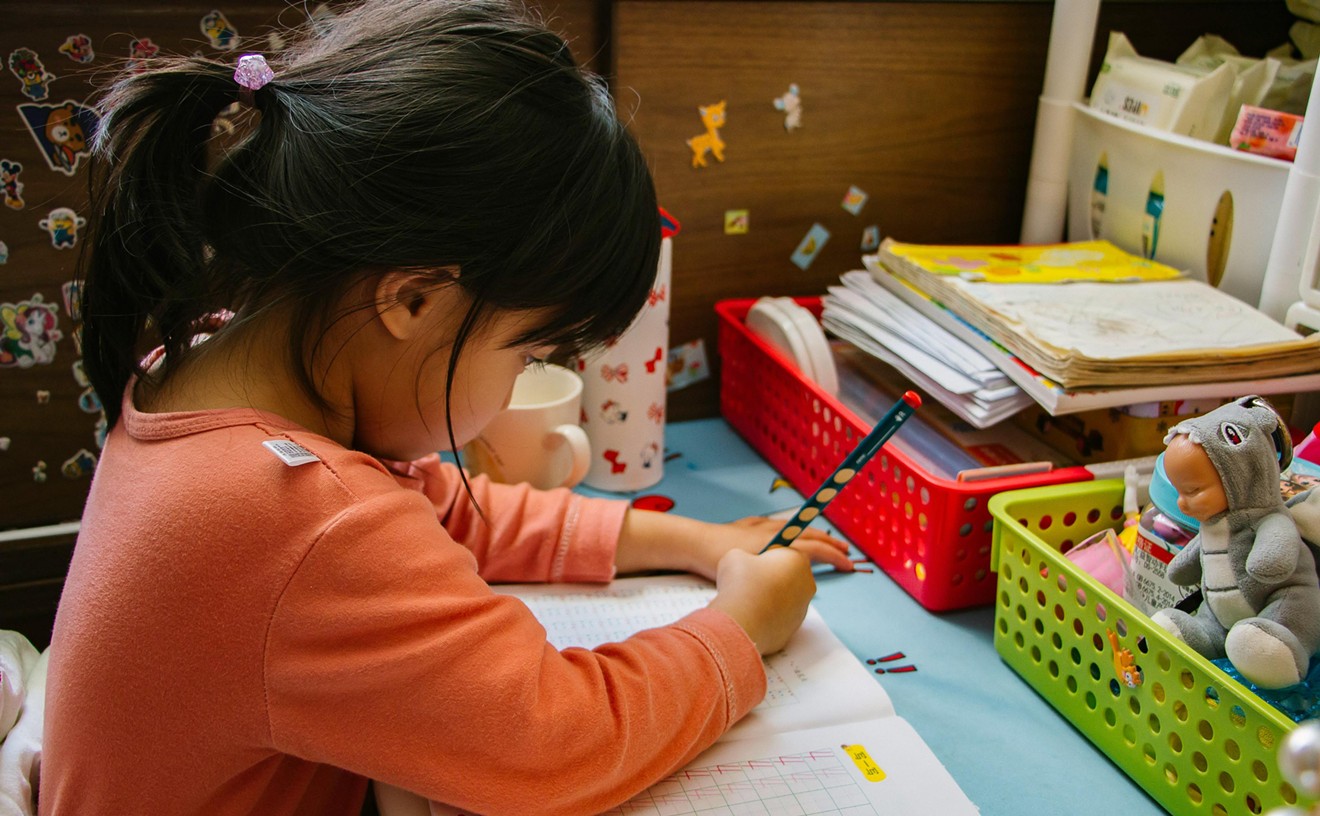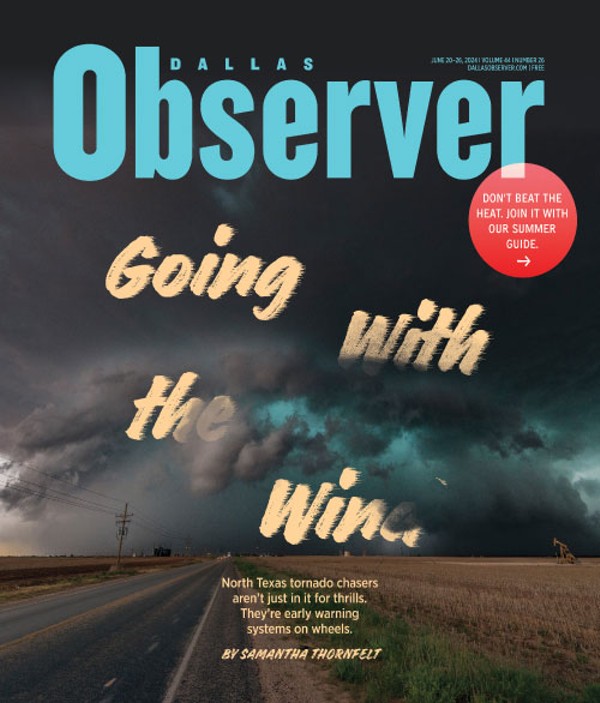The lead plaintiff in the case, Zurawski v. Texas, was Amanda Zurawski who, while pregnant, “was forced to wait until she was septic to receive abortion care, causing one of her fallopian tubes to become permanently closed," according to a complaint filed over a year ago. Other women who joined the case shared similar stories of doctors refusing to perform abortions despite threats to the mother’s life or fetal non-viability because of confusion caused by state laws.
In a statement after the ruling, Zurawski said she was “outraged” by the court’s decision, which deemed she and the other plaintiffs were “not sick enough” to warrant an abortion. The organization that filed the case, the Center for Reproductive Rights, also criticized the ruling, claiming that it “largely ignores” the women involved in the case and fails to provide doctors with legal clarity on when they can and cannot provide abortions.
“[The ruling] is deeply offensive to the women we represent — they are completely written out of the opinion as though they don’t exist or matter,” Nancy Northup, president and CEO of the Center for Reproductive Rights, said in a statement. “Most people think that if something goes terribly wrong with their pregnancy, they can make the decision to terminate, but that is not true. As women are finding out across the country, exceptions to abortion bans are illusory — they're an empty promise.”
Northup said it is “unclear” if there is a legal path forward for the case, but the center plans to assess “what, if anything, remains of our clients’ claims.” Molly Duane, a senior staff attorney for the center, said she believes there is a legal case remaining for Dr. Damla Karsan, an OB-GYN from Houston who joined the case as a plaintiff. Karsan was threatened by Texas Attorney General Ken Paxton after agreeing to perform an abortion for Dallas native Kate Cox.
The Zurawski case is credited with inspiring Cox to sue for permission to have an abortion in Texas after her fetus was diagnosed with full trisomy 18, a genetic disorder that is generally fatal, either in the womb or in an infant's first year of life. Doctors warned Cox the pregnancy would harm her health and future fertility, but the case was rejected by the Texas Supreme Court, forcing her to seek an abortion outside of the state.
Austin Dennard, who lives in Dallas and joined the case as a patient and OB-GYN, told reporters she was "surprised" how emotional the ruling made her. Dennard was forced to "flee the state" to receive an abortion after her pregnancy was diagnosed as nonviable at 11 weeks. But she felt the state "showed their cards" when ruling against Cox and had prepared for the ruling going against the women's case.
"As a provider I love my patients so much, and I still wake up every morning worried about them. I think about all the things I could potentially do to keep them safe, but there is no clarity in the laws," Dennard said. "I landed back in Texas after my own abortion, put on a white coat and went into the office still bleeding from my procedure that I had the privilege to be able to receive ... and I thought 'I still don't know what to do to keep them safe.'"
How We Got Here
Zurawski v. Texas was filed in March 2023 on behalf of five Texas women who were denied abortions and two doctors who said unclear language in state abortion bans threatened their ability to perform their jobs. Over time, more women joined the suit, bringing the plaintiff count to 22.Last August, a Travis County court sided with the plaintiffs, ruling doctors could use their own judgment to determine when an emergency abortion procedure may be necessary. The decision also came down against Senate Bill 8, known as the “Abortion Bounty Hunter Law,” saying the law was unconstitutional and would allow for the prosecution of doctors who perform potentially life-saving abortion procedures.
Paxton immediately appealed the ruling to the Texas Supreme Court. The court heard arguments in November before overturning the Travis County decision Friday morning, stating the decision “departed from the law as written without constitutional justification.”
“A physician who tells a patient, ‘Your life is threatened by a complication that has arisen during your pregnancy, and you may die, or there is a serious risk you will suffer substantial physical impairment unless an abortion is performed,’ and in the same breath states ‘but the law won’t allow me to provide an abortion in these circumstances’ is simply wrong in that legal assessment,” the court ruled.
“[The ruling] is deeply offensive to the women we represent — they are completely written out of the opinion as though they don’t exist or matter.” – Nancy Northup, president and CEO of the Center for Reproductive Rights
tweet this
Seven of the plaintiffs in the case are from North Texas, including Lauren Hall, whose fetus in her first pregnancy developed without a skull or brain. The state’s abortion ban does not make exceptions in cases of lethal fetal conditions, and Hall was forced to travel to Seattle to end the high-risk pregnancy. Another plaintiff, Samantha Casiano, who lives in East Texas, said she is “embarrassed to be a Texan” after Friday’s decision.
“I was told my baby would not survive, but I was forced to continue my pregnancy and give birth anyway, then watch her pass away hours later. I don’t know how the court could hear what I went through and choose to do nothing,” Casiano said in a statement. “[Texas lawmakers] made my family suffer. I joined this case to make sure no other family goes through that, and I'm devastated that the court is allowing this cruelty to continue.”
Other Reactions Around Texas
In a statement Friday, Monique Alcala, executive director of the Texas Democratic Party, said the court’s upholding of “cruel” state abortion bans was a decision made by “out-of-touch Republicans with no understanding of the medical risks of pregnancy.”“Republican extremists do not care that the deliberate vagueness of their abortion ban endangers Texans with life-threatening pregnancy complications. They do not care about medical expertise. They do not care that this case’s plaintiffs were brought close to death due to this law’s negligence. They only care about controlling our bodies and our livelihoods,” Alcala said.
U.S. Rep. Colin Allred, who is running for the U.S. Senate against Republican incumbent Ted Cruz, said the court’s decision is “outrageous.”
“This decision allows Texas’ extreme abortion ban to continue to endanger women and deny them the health care they need,” Allred said in a statement. “We are here because of Texas’ extreme abortion ban, which Ted Cruz proudly supports and called ‘perfectly reasonable.’ I continue to be inspired by the bravery of Amanda Zurawski and the other women involved in this case. This ban has gone way too far.”












